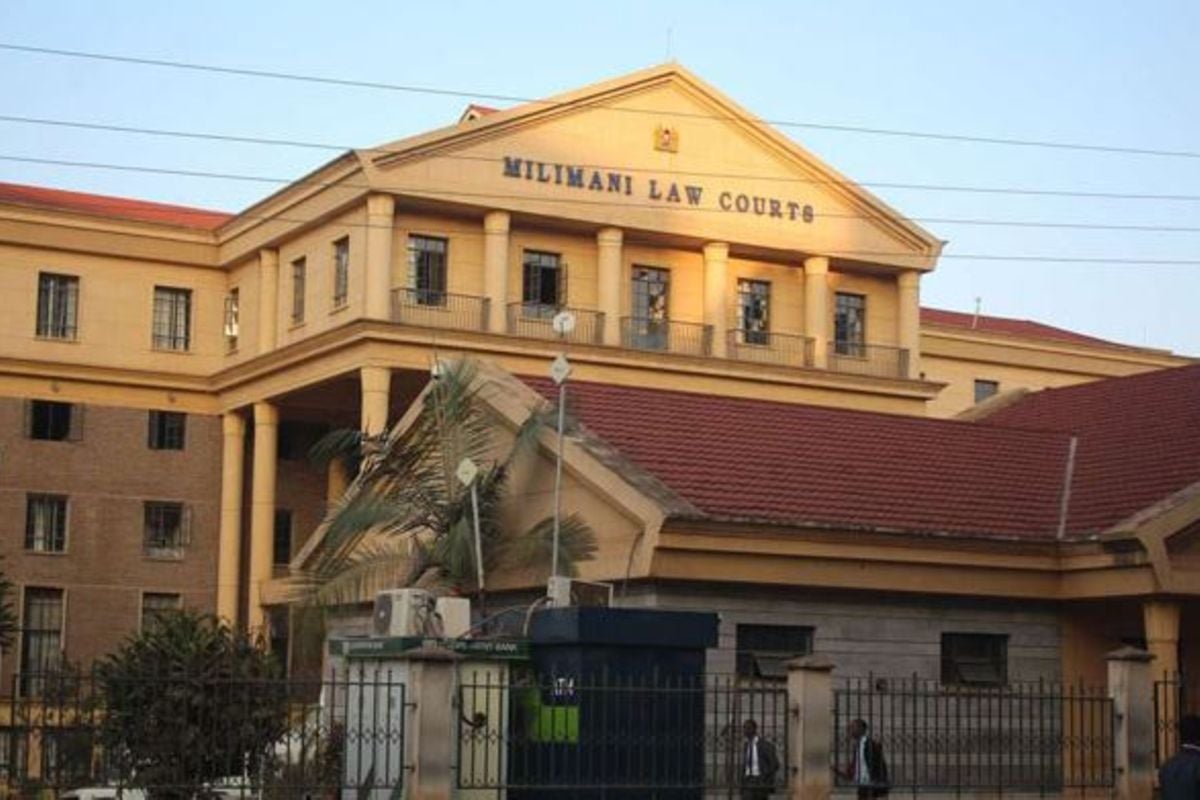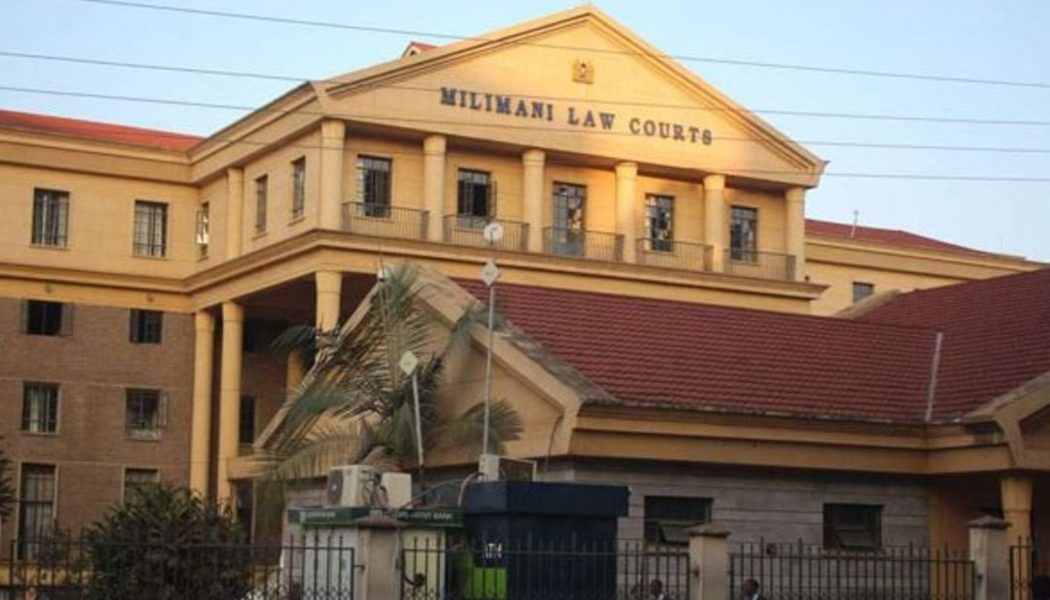
The widow of late businessman Jacob Juma has failed to persuade the Court of Appeal to block her eviction from a controversial property in Nairobi’s Loresho area.
A three-judge bench of the Court of Appeal dismissed Ms Miriam Juma’s application, saying they were not convinced that her appeal would be rendered futile if the orders blocking her eviction were not granted.
Ms Juma has been fighting with Ashok Rupshi Shah and Hiten Kumar over ownership of the Sh1.3 billion land in Loresho.
The land is also claimed by a former provincial commissioner, Davis Nathan Chelogoi, who has also been charged with fraud for obtaining documents for the disputed land.
Judges Patrick Kiage, Abida Ali-Aroni and Lydia Achode noted that Ms Juma had been in possession of the land for 15 years and counting, a position that had not changed despite Mr Shah’s victory.
“The lackluster approach of the applicant is seen in the long delay in bringing the application and, when she failed to file a response to an application seeking eviction orders, yet that is more of a threat to her than the investigations ongoing by the Directorate of Criminal Investigations (DCI),” the judges said.
The court said depending on the outcome of the investigations, Ms Juma will have an equal opportunity to present her case before the DCI as the investigations are aimed at uncovering the truth, which will in any case be in the best interest of all parties and may help to put this long outstanding matter to rest.
Justice Loise Komingoi of the Environment and Land Court ruled in July 2022 that Mr Juma, who died in May 2016, had fraudulently obtained documents for the 18.25 acres of land.
The judge ordered the cancellation of the documents and ordered Ms Juma to pay Sh50 million to Mr Shah and Mr Kumar as compensation for trespass and for denying the rightful owners the enjoyment of their property.
Mr Chelogoi later sought to overturn the decision, arguing that he had been sentenced without being heard, but his application to reopen the case was rejected.
Mr Shah and Mr Kumar went to court in 2009, arguing that Mr Juma had fraudulently taken over the land, fenced it off and built security houses to prevent them from accessing it.
The widow said the land was registered in her late husband’s name in an allotment letter dated March 1, 1992 and a grant registered on August 16, 1994.
She said Mr Juma occupied the land and had built structures only for Mr Shah and Mr Kumar to go to court to get the documents cancelled.
Ms Juma further stated that the grant to the persons claiming the land was issued on December 1, 1994 and first registered in the name of Liney Company Limited on December 5, 1994, and that the two grants have identical deed plans.
She said the judge was wrong to find no fault in the letter of allotment to Liney Company Limited, whose stand premium was paid on November 20, 1994 — some 20 months late — and to hold that the land in question was irregularly allotted to Mr Juma without proof of fraud.
Ms Juma also pointed out that the court also relied on the testimony of Antipas Nyanjwa and the hearsay evidence of Zablon Mabeya as evidence of forgery and disregarded the records of the Department of Lands and the Director of Survey which showed that the deed plan for the grant held by Mr Juma was valid and that the grant held by Mr Shah was invalid.
In opposition, Mr Shah told the court that there was another case filed by Mr Chelogoi which ordered that the status quo be maintained until the ownership was determined.
He said the property had since been converted into a Nairobi block and 29 titles had been issued after the land was subdivided.









